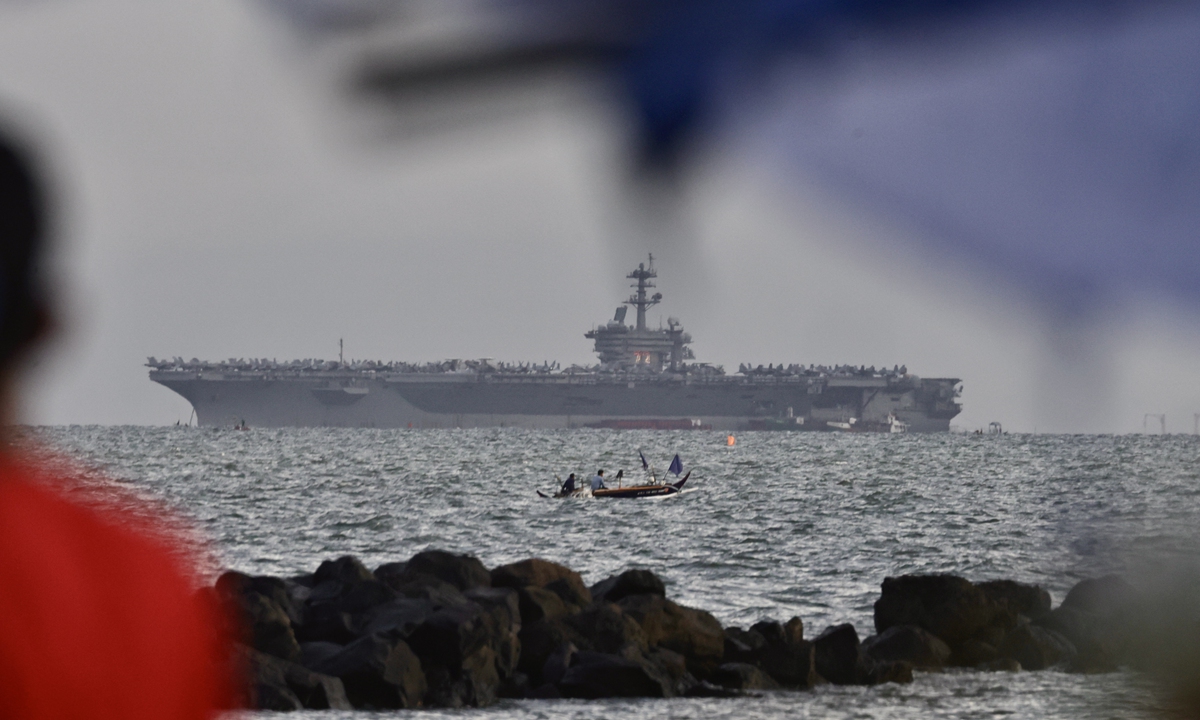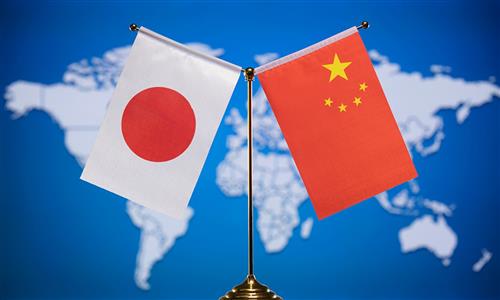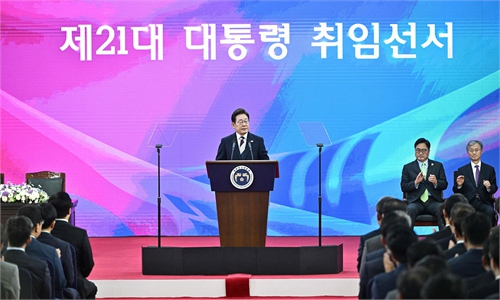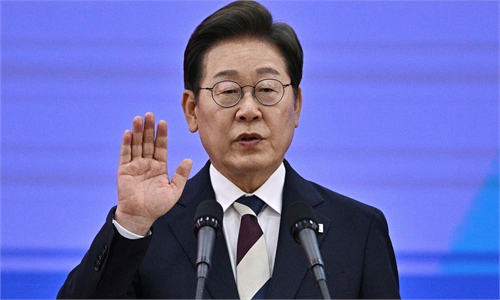US aircraft carrier’s visit to Philippines may escalate regional tensions: expert

The US Navy's Nimitz-class nuclear-powered aircraft carrier USS George Washington (CVN-73) is seen anchored in the waters of Manila Bay, Philippines, July 4, 2025. Photo: VCG
The nuclear-powered US aircraft carrier USS George Washington (CVN-73) arrived off the coast of Manila on Thursday for a port visit, USNI News, a news service agency of the US Naval Institute reported, in a move that an expert warned could intensify tensions in the region and further destabilize the regional security environment.According to USNI News, this is George Washington's first visit to Manila since the carrier left Japan in June to begin its forward-deployed patrol. The deployment is part of its summer patrol mission in the Indo-Pacific, following its completion of carrier qualification training for the embarked Carrier Air Wing 5 on June 16.
The US Embassy in the Philippines posted on X that Deputy Chief of Mission Robert Ewing, joined with diplomats from Australia, Canada, Japan, New Zealand, and the UK, boarded the aircraft carrier. The embassy said that the move aimed to "show our shared commitment to regional security."
Local Philippine outlet Manila Standard reported that the deployment "highlighted strengthened defense ties between the US and the Philippines amid ongoing tensions in the South China Sea," and linked the visit to increased Chinese naval activity across the Pacific region.
The George Washington Carrier Strike Group includes the USS George Washington, the cruiser USS Robert Smalls, and the destroyer USS Shoup. With the Nimitz group recently deployed to the Middle East, George Washington is currently the only US carrier strike group in the Indo-Pacific, USNI News reported.
A Chinese expert expressed concern over the port call, warning that the move may escalate regional confrontation and trigger anxiety among neighboring countries. The deployment is viewed as a demonstration of US hegemony in the Asia-Pacific and a test of US military presence in Southeast Asia.
"The visit of a US aircraft carrier to the Philippines will disrupt the regional security landscape and could further heighten tensions in the South China Sea," Chen Xiangmiao, a research fellow at the National Institute for South China Sea Studies.
"This deployment reflects Cold War mentality and Washington's hegemonic mindset," Chen said. "It aims to maintain military presence in the region and may embolden the Philippines in future conflicts."
Some media outlets have sought to link the USS George Washington's visit to the Philippines with the port call of China's aircraft carrier the Shandong in the Hong Kong Special Administrative Region (SAR). In its report on the US carrier's deployment, Newsweek ran the headline "US and China's Aircraft Carriers Show Force in Contested Waters," claiming that "the United States and China have deployed aircraft carriers in the South China Sea… as they compete for naval dominance."
The Straits Times described the George Washington's port visit as part of "increased defense cooperation" between the US and the Philippines "aimed at contesting China's sweeping claims in the South China Sea," and noted that the vessel's arrival coincided with the Shandong's visit to Hong Kong SAR.
However, when asked whether the deployment was in response to China's activities, Capt. Timothy Waits, commanding officer of the George Washington, emphasized that the patrol was part of a regular mission to demonstrate the US commitment to regional stability, according to Philippine broadcaster ABS-CBN.
"This is a typical patrol for us. We're out here to do what we do and express those shared ideals with our partners and allies in the region," Waits was quoted as saying by ABS-CBN.
Some media's attempt to sensationalize the Shandong's visit to Hong Kong and equate it with the George Washington's port call in Manila is clearly driven by ulterior motives, Yang Xiao, an international strategy scholar who has long followed South China Sea issues, told the Global Times on Friday.
In fact, the Shandong holding an open day in Hong Kong SAR is not unprecedented, Yang said, adding that this visit was primarily to mark the 28th anniversary of Hong Kong's return to the motherland and had no connection with any foreign countries.
"Media hype over this matter is unnecessary and only serves to stoke tensions in the region," Yang stressed.





